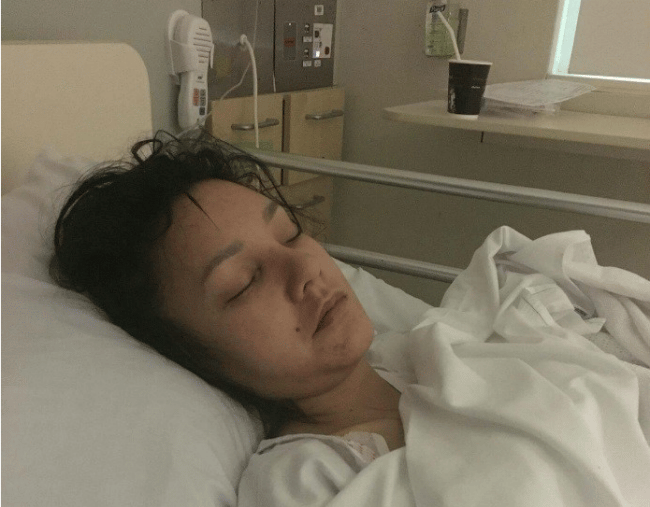I know what it feels like to have your life turned upside down by stroke. And I am only 30 years old.
Most people think stroke only impacts elderly people, but that is simply not true. It can happen to anyone at any age.
My world changed in September last year. I am a mum of two boys. I was working in retail and modelling part-time, when I suffered a stroke out of the blue. It was just like any other day.
I had been to work during the day, picked up the kids, and was going through the hectic night-time routine like mums across the country. I was getting my five-year-old son, Seth, ready for a shower when I fell backwards onto my bed and started to feel dizzy.


